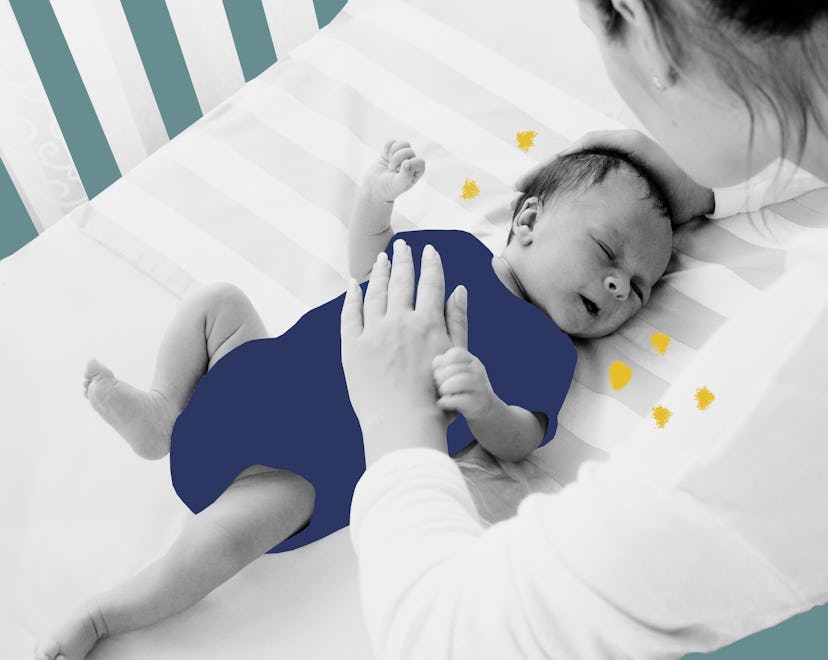Health

5 Common Symptoms Of RSV And When To Call The Doctor
Despite our best efforts to keep our little ones healthy, it’s not always easy to prevent babies from falling sick. Trying to evaluate symptoms can be particularly tricky in babies under the age of 1, often before they’re able to communicate what they’re feeling. Surprisingly, the leading cause of hospitalization in babies under age 1 is respiratory syncytial virus (RSV). When it comes to RSV, knowing what to look for is half the battle since it is often confused for the common cold. According to a National Coalition for Infant Health survey, 70% of health care providers responded that their patients’ caregivers had low awareness of RSV. While many babies recover from RSV without medical intervention, other babies — even those who are otherwise healthy — may require hospitalization, which can catch their parents off guard.
It typically takes between two to eight days after exposure to RSV for symptoms to appear. Babies younger than 6 months old may not present all symptoms, and they may even appear in stages versus all at once. Ahead, some common signs parents should look out for.
1. Runny Nose Or Congestion
A runny nose or congestion appear in common colds, but a lot more mucus may be present with RSV.
2. Coughing And Sneezing
This again makes it tricky to tell if it’s a cold or RSV. Your baby may have a persistent cough when sick, but look out for a wet-sounding cough.
3. Wheezing Or Difficulty Breathing
Since newborns have smaller lungs and less airway resistance, you may hear them wheeze now and again, but with RSV that will sound a little more high-pitched and more noticeable when exhaling. Look out for wheezing that starts suddenly and persists, along with short, shallow, and rapid breathing.
4. A Decrease In Appetite
Often babies who are down with RSV may have so much trouble breathing that they can’t eat. If your baby is nursing or feeding less than usual, this can be a sign that something is off.
5. Lethargy And Irritability
Sometimes your baby may be fussy without other symptoms, which can be an indication that they are getting sick. In the presence of other symptoms, low energy and having difficulty making your baby comfortable might be a sign that they have RSV.
When To Call The Doctor
One to two out of every 100 babies with an RSV infection may need to be hospitalized. Treatment may include oxygen, intubation, or a breathing machine (ventilator) to help the baby breathe, and most babies are discharged within a few days.
One of the indications your baby’s “cold” has progressed to a more serious lower respiratory tract infection is a change in their breathing. Rapid and shallow breathing, flaring of the nostrils, rhythmic grunting while breathing, and intense belly breathing are all signs that it is time to call the pediatrician right away.
Other serious symptoms include dehydration (fewer than one wet diaper every eight hours), a fever of 100.4°F in babies 12 weeks old or less, or when your child’s temperature rises above 104°F. If symptoms have not improved after seven days or if they have gotten worse, a visit to the pediatrician will be in order.
How To Help Protect Your Baby From RSV
The best way to protect babies from RSV is by limiting contact with sick people, other children, or large crowds. Parents, caregivers, and other family members who handle your baby should be diligent about proper and frequent hand washing since RSV can live for up to 30 minutes on unwashed hands and surfaces. Maintaining a clean environment is also helpful since the virus can survive up to six hours on hard surfaces like toys and counters.
No one wants to think about their small baby coming down with an illness like RSV, but just know the best thing you can do is be prepared in case of an emergency. To learn more about RSV and treatment, visit www.KnowingRSV.com.
MAT-US-2206406-v1.0-10/2022
This article was originally published on